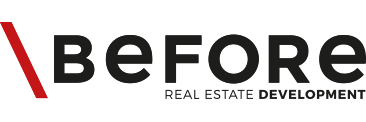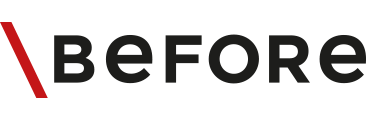For New Constructions
New homes and building complexes are required to include:
- High-performance thermal insulation
- Efficient heating and cooling systems, often integrated with renewable sources such as solar panels
- Use of sustainable, recycled, or low environmental impact materials
- Bioclimatic design to reduce the carbon footprint.
Upgrades for Condominiums and Existing Homes
The 2030 Agenda doesn’t apply only to new buildings—it also strongly encourages the energy renovation of existing properties, which is essential to reduce large-scale environmental impact.
Those living in existing houses or condominiums should consider:
- Thermal insulation improvements to walls and roofs to reduce heat loss
- Upgrading heating systems with more efficient boilers or heat pumps
- Installing photovoltaic solar panels and energy storage systems, where possible
- Adopting smart energy management systems to optimize consumption and costs
- Taking advantage of government bonuses and incentives for energy upgrades and emissions reduction
Buying New Today: Upfront Investment, Future Savings
Purchasing a newly built home that complies with the latest regulations and aligns with the 2030 Agenda goals means a higher initial investment compared to traditional buildings. This is due to the use of innovative materials, advanced technologies, and efficient energy systems.
However, this added cost is largely offset by:
- Medium- and long-term energy savings, thanks to reduced heating, cooling, and electricity consumption
- Increased property value on the market, which increasingly rewards green, low-impact buildings
- Greater ease in meeting future regulations, avoiding costly retrofits later on
In practice, buying a “2030 Agenda-ready” home today means investing in the present for greater savings and a better quality of life tomorrow.
How the 2030 Agenda Is Changing the Real Estate Market and Consumer Choices
The focus on sustainability is transforming the real estate market: efficient and green buildings are becoming more in demand and more valuable.
For those buying, building, or renovating a home, investing in energy efficiency means:
- Lower utility bills thanks to reduced consumption
- Increased property value and market competitiveness
- Healthier and more comfortable living environments
Conclusion: Building and Living for the Future, Responsibly
The changes introduced by the 2030 Agenda represent a real revolution in the building sector, making construction increasingly sustainable and environmentally responsible—both for new developments and the existing real estate stock.
If you want to know how to upgrade your home or condo to meet green standards, or if you’re planning a sustainable new build, contact me: I’ll guide you toward a more efficient and safer home.



